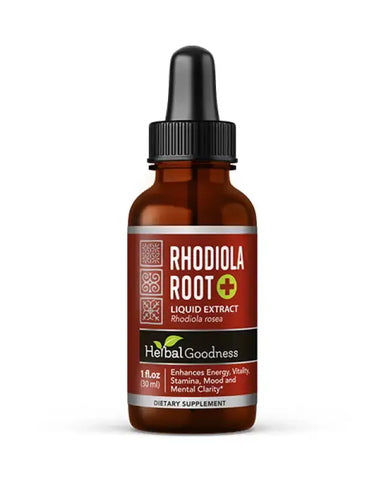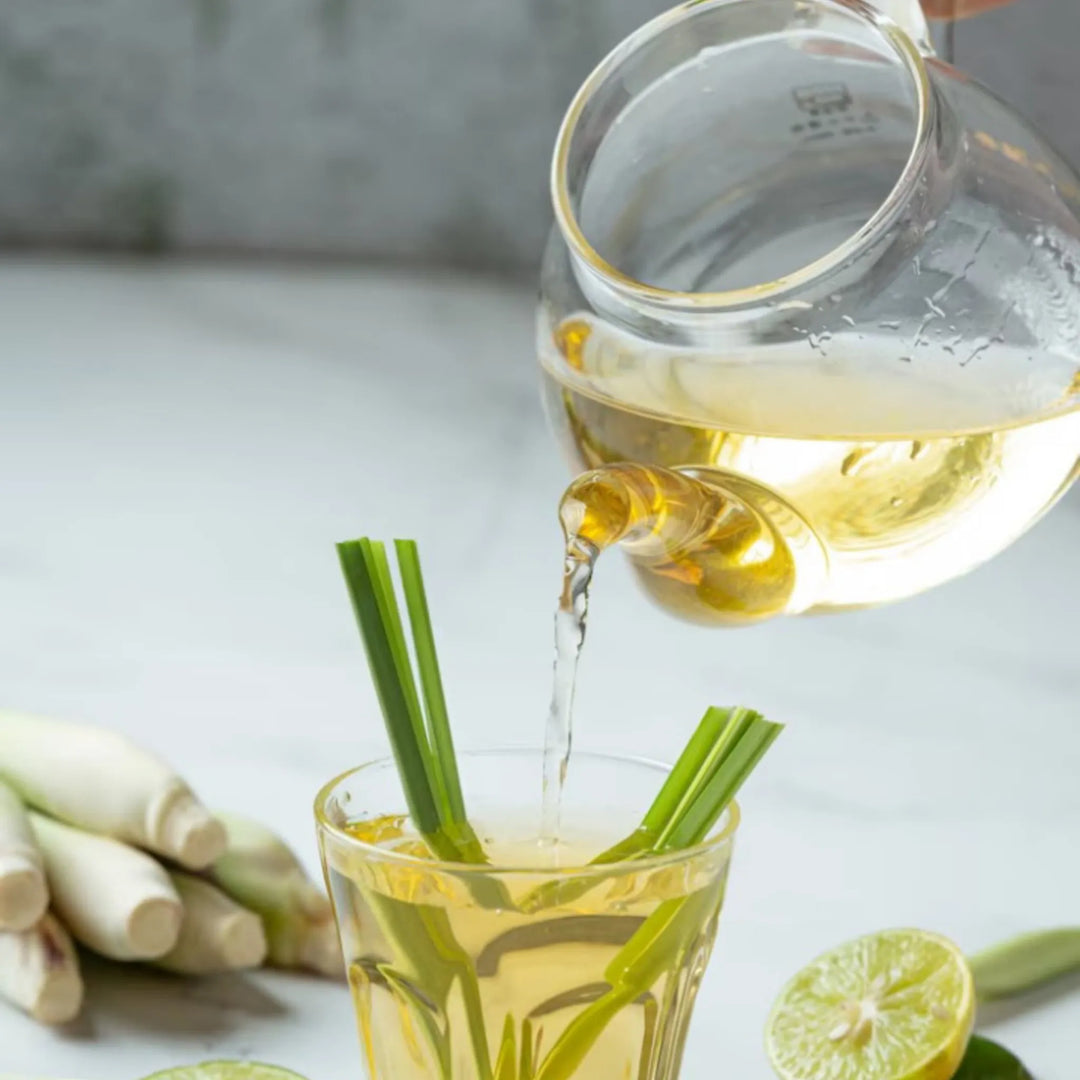Rhubarb Roots Benefits and Side Effects: What You Should Know Before Buying
When most people hear rhubarb, they think of the tart stalks baked into pies. But did you know the rhubarb roots of this hardy plant have been prized for centuries in traditional wellness practices? Today, interest in rhubarb root extract, and other rhubarb root products, is rising as more people look for plant-based alternatives.
In this article, we’ll explore the benefits of rhubarb root, possible side effects, how to plant and use rhubarb plant roots, and what to keep in mind before you buy rhubarb root online. This guide will give you trusted insights to help you make an informed choice.
What Are Rhubarb Roots?
Rhubarb (Rheum spp.) is a perennial plant originally native to Asia. While the stalks are commonly eaten, the rhubarb roots are usually dried and processed for herbal uses. Historically, rhubarb root herb was valued in Chinese and Ayurvedic traditions for its balancing and cleansing properties.
Today, rhubarb root is typically available as teas, powders, or standardized extracts. If you’re looking for rhubarb roots for sale, you’ll mostly encounter dried root slices or concentrated rhubarb root liquid extract for convenience.
Rhubarb Root Benefits
So, what are the benefits of rhubarb root? Let’s break them down:
1. Digestive Support
Traditionally, rhubarb root has been used in small amounts to support digestive health. Its natural compounds, including anthraquinones, have a mild effect on the digestive system, which is why it is sometimes included in herbal blends.
2. Women’s Wellness
One of the growing areas of interest is rhubarb root benefits for menopause. Research on specific rhubarb species (like Rheum rhaponticum) suggests that extracts may help support women’s comfort during hot flashes and hormonal shifts .
3. Rich Plant Compounds
Rhubarb roots contain tannins, flavonoids, and other antioxidants. These natural compounds contribute to the plant’s historic use as a rhubarb root herb in traditional wellness systems.
4. Versatile Herbal Ingredient
From teas to tinctures, rhubarb root extract gives consumers flexible ways to experience its benefits without needing to prepare raw roots.
Rhubarb Root Side Effects
While rhubarb root offers benefits, it is also important to understand its cautions. Side effects of rhubarb root extract may include:
-
Digestive upset if consumed in high amounts.
-
Diarrhea or cramping with overuse.
-
Possible impact on electrolyte balance with prolonged use.
-
Not recommended for pregnant or breastfeeding women.
-
Should be avoided by individuals with kidney problems.
Always consult a healthcare provider before adding rhubarb root or any herb to your wellness routine.
Can You Eat Rhubarb Root?
A common question is: can you eat rhubarb root? The answer is no. Unlike the stalks, rhubarb plant roots are not eaten directly due to their strong compounds and potential toxicity. They must be processed into safe herbal forms, such as standardized rhubarb root extract.
How to Plant Rhubarb Roots
If you’re more interested in gardening, you may want to know how to plant rhubarb roots at home. Here are simple steps:
-
Plant rhubarb crowns (root divisions) in early spring or fall.
-
Choose fertile, well-drained soil in a sunny spot.
-
Cover the crown with 1–2 inches of soil.
-
Water regularly, but avoid waterlogging.
-
Allow the plant to establish for a year before harvesting stalks.
Note: Even if you grow rhubarb, the roots are not for direct consumption—use only processed forms.
Buying Rhubarb Roots and Extracts Safely
With so many herbal products online, choosing quality is key. If you want to buy rhubarb root, here’s what to look for:
-
Organic sourcing – free from harmful chemicals.
-
Third-party testing – ensures purity and safety.
-
Transparent labeling – clear dosage and usage instructions.
-
Reputable brand – committed to sustainability and customer health.
At Herbal Goodness, our Rhubarb Root Liquid Extract is carefully sourced and processed, maintaining the brand’s premium quality standards and mission of empowering wellness.
Rhubarb Root in Tradition and Modern Science
For over 2,000 years, rhubarb roots have been used in Chinese medicine as a cleansing herb. Modern studies now explore its role in digestive health and women’s wellness. For example, a clinical trial published in Menopause: The Journal of The North American Menopause Society highlighted the potential of rhubarb extract in easing menopausal symptoms.
This blend of tradition and science shows why rhubarb root continues to be a subject of interest worldwide.
FAQs on Rhubarb Roots
Q1: What are the benefits of rhubarb root?
Rhubarb root may support digestion, women’s wellness during menopause, and provide plant-based compounds with antioxidant activity.
Q2: What are the side effects of rhubarb root extract?
Overuse can cause stomach upset, diarrhea, or electrolyte imbalances. It’s not recommended for certain groups like pregnant women or people with kidney conditions.
Q3: How do I plant rhubarb roots?
Plant crowns in fertile, well-drained soil during spring or fall. Keep soil moist and allow the plant to grow for a year before harvesting stalks.
Q4: Can you eat rhubarb root directly?
No. Rhubarb roots are not edible raw or cooked. Only processed forms like rhubarb root extract are safe for consumption.
Q5: Where can I buy rhubarb root?
You can find rhubarb roots for sale through trusted herbal suppliers. Herbal Goodness offers premium-quality Rhubarb Root Liquid Extract that is ethically sourced and tested.
Ready to experience the power of rhubarb in your wellness routine? 
At Herbal Goodness, we provide carefully crafted Rhubarb Root Liquid Extract, produced with high-quality standards and sustainable sourcing practices. Whether you’re interested in tradition, science, or convenience, our extract offers a safe and premium way to enjoy rhubarb’s benefits.
Author Name:
Ilomuanya Mmesoma Davina
Author Bio:
Ilomuanya Mmesoma Davina is a Content Writer at Herbal Goodness, where she focuses on creating and optimizing blogs. With expertise in natural health products and SEO-driven storytelling, she is passionate about educating readers on the power of herbs and superfoods for modern wellness.
Related:
External Sources:
-
North American Menopause Society. Menopause Journal – Study on rhubarb root extract and menopause.
-
National Center for Complementary and Integrative Health (NCCIH) – Herbal supplement safety guidelines.













